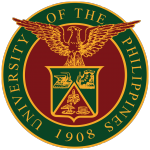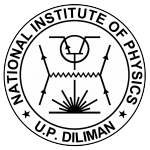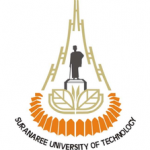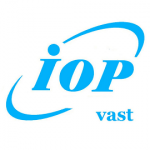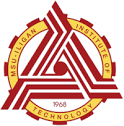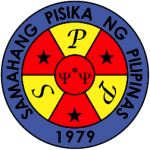ICTP Asian Network School and Workshop on Complex Condensed Matter Systems 2019
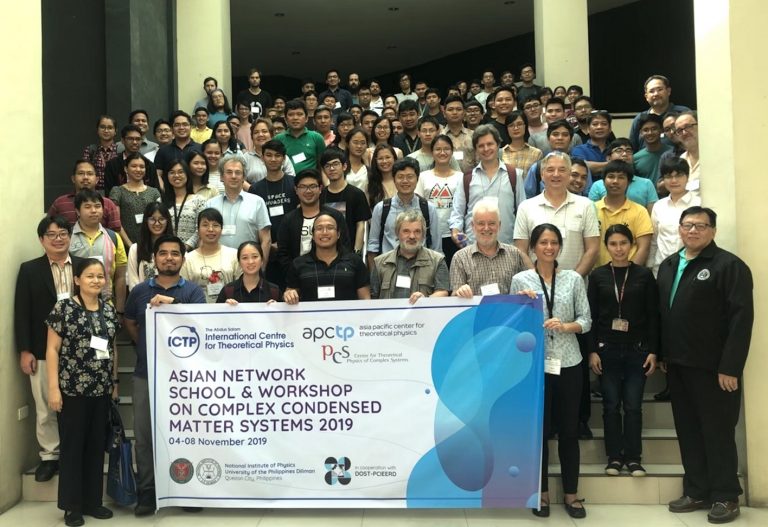
The ICTP Asian Network School and Workshop on Complex Condensed Matter Systems 2019 is a combined school and workshop suited for graduate students in physics, postdoctoral fellows and early career researchers. The four-day school provides lectures of pedagogical nature in condensed matter physics and complex systems, while the workshop will showcase current trends and research results in seminar type of talks. This is an external cooperative activity of the Asia Pacific Center for Theoretical Physics, the Abdus Salam International Centre for Theoretical Physics, and the Center for Theoretical Physics of Complex Systems, Institute for Basic Science, under the umbrella of the ICTP Asian Network on Condensed Matter and Complex Systems.
This activity is a third in the series with the first one held in Hanoi, Vietnam at the Institute of Physics, Vietnam Academy of Science and Technology in 2017 and the second one in Nakhon Ratchasima, Thailand at the Suranaree University of Technology in 2018.
Asian Network Program Director
- Paul PEARCE (University of Melbourne, Australia)
School and Workshop Directors
- Sergej FLACH (PCS IBS, South Korea)
- Cristine VILLAGONZALO (NIP UPD, Philippines)
Local Organizing Committee Co-Chairs
- Cristine VILLAGONZALO (NIP UPD)
- Jose Perico ESGUERRA (NIP UPD)
Local Organizing Committee Members
- Eduardo CUANSING (IMSP UPLB)
- Wilson GARCIA (NIP UPD)
- Francis PARAAN (NIP UPD)
- Giovanni TAPANG (NIP UPD)
Participants by Nationality
| Australia | 2 | South Korea | 2 | |
| China | 1 | Russia | 3 | |
| Germany | 1 | Thailand | 7 | |
| Italy | 2 | Turkey | 1 | |
| India | 1 | Ukraine | 1 | |
| Indonesia | 4 | Vietnam | 11 | |
| Philippines | 128 |
Participants by Country of Affiliation
| Australia | 1 | South Korea | 10 | |
| Indonesia | 4 | Thailand | 7 | |
| Italy | 3 | Vietnam | 11 | |
| Philippines | 128 |
Topics
Strongly correlated electrons
Quantum phase transitions
Entanglement and decoherence
Open quantum systems and quantum information
Many-body interactions
Nanodevices and ultrafast phenomena
Statistical physics methods and stochastic processes
Complex systems and their applications
Granular models in complex systems
Sponsors
Cooperating Institutions
The scientific activity progams are available through the links below. Program updates and changes will be posted here also.
Invited Lecturers
-
Jaeyoon CHO (APCTP, South Korea)
-
Mikhail FISTUL (PCS IBS, South Korea)
-
Trinh Xuan HOANG (IOP VAST, Vietnam) [Lecture 1] [Lecture 2]
-
Mikhail KISELEV (ICTP, Italy) [Lecture]
-
Daniel LEYKAM (PCS IBS, South Korea)
-
Matteo MARSILI (ICTP, Italy)
-
Worawat MEEVASANA (SUT, Thailand)
-
Arnel SALVADOR (NIP UPD, Philippines)
-
Alessandro SILVA (SISSA, Italy) [Lecture]
-
Juzar THINGNA (PCS IBS, South Korea)
Workshop Speakers
-
Mark Nolan CONFESOR (MSU – IIT)
-
Eduardo CUANSING (IMSP UPLB)
-
Elmer ESTACIO (NIP UPD)
-
Nathaniel HERMOSA (NIP UPD)
-
May LIM (NIP UPD)
National Institute of Physics, College of Science
University of the Philippines Diliman, Quezon City, Philippines
The University of the Philippines (UP) Diliman Campus is the main campus of the UP System. It is located in Quezon City – a second district of the National Capital Region or Metro Manila. The Ninoy Aquino International Airport Terminals 1, 2 and 3 in Pasay City, Metro Manila is approximately between 25 km to 27 km from the University of the Philippines Diliman in Quezon City depending on the route taken. Travelling from the airport to the university takes about one hour and twenty minutes in light traffic. During rush hours (7 – 9 am or 4 – 7 pm), it will take between two hours or more to cross this same distance.
Traveling from the Airport
There are various ways to reach the University from the airport. The coupon taxi, yellow metered taxi and Grab car services have booths at the main arrival curbside area at each terminal.
- A white airport coupon taxi charges a flat rate to one’s destination. The standard fare to Quezon City is between PhP 740.00 to PhP 850.00. More information can be found in this link.
- The yellow metered airport taxi charges according to distance and time. More information on them can be found here.
- Another option is using the transport service – Grab (similar to Uber). The price of booking a Grab car service from the airport to Quezon City is on average between PhP 700 to PhP 800. Rates vary depending on the time and demand. More information can be found on their website.
Participation
This activity is open to all physics graduate students, postdoctoral fellows and early career researchers in Asia. The deadline for registration is 15 October 2019. No registration fee is required. However, eligible participants will be selected and informed by the organizers.
Limited financial support will be provided for foreign participants in South East Asia from the Asian Network node members and the APCTP member countries.
Accommodation
Student participants are encouraged to stay at the UP NISMED (National Institute for Science and Mathematics Education Development) Hostel. This hostel can be reached by a 10 minute walk from the school and workshop venue. The organizers will facilitate the reservations for the student accommodations. [Important reminder: NISMED Hostel will be closed on 2 November.]
Rooms for invited lecturers and speakers will be reserved at the Microtel by Wyndham at UP Technohub.
Participants may opt to stay at inns and other hotels close to the venue.
Weather
November in Quezon City is already the start of the dry season. However, there may still be scattered rainshowers during this period. The temperature in Quezon City in November ranges from 23°C to 31°C.
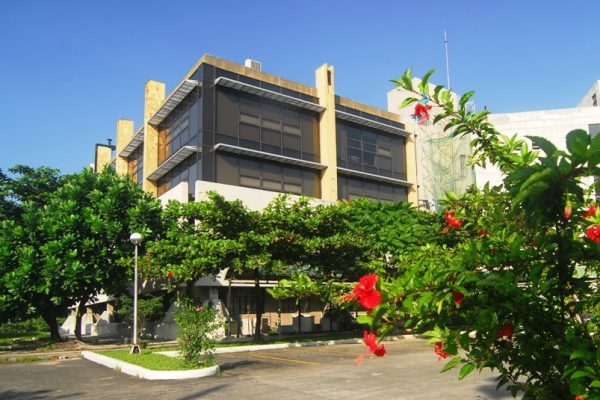
For more information on this activity please contact
Prof. Cristine Villagonzalo
National Institute of Physics
University of the Philippines Diliman
Quezon City, Philippines
cvillagonzalo@nip.upd.edu.ph


